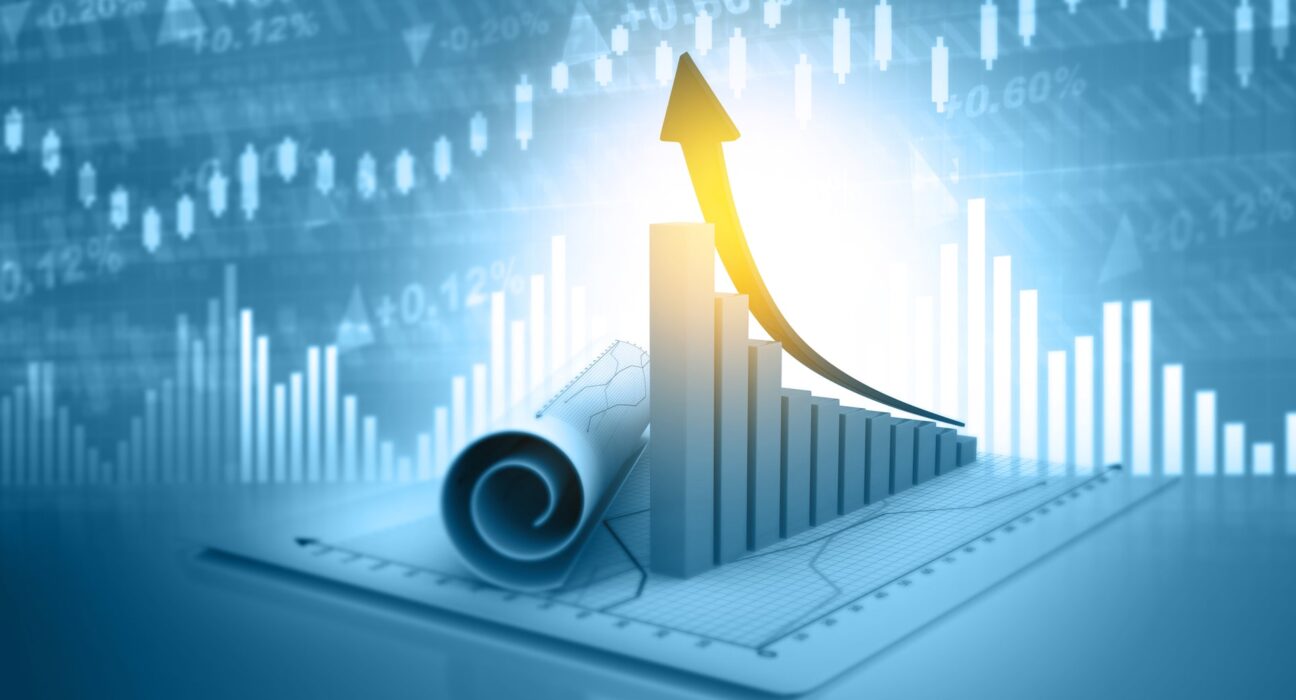A country’s gross domestic product (GDP) is the total market value of all final goods and services produced within a country in a specific time period. It is a measure of the size of the economy and is often used to compare the economies of different countries.
GDP is calculated by adding up the value of all final goods and services produced in a country during a specific time period. Final goods and services are those that are purchased by the final user, such as a consumer or a business. Intermediate goods and services are those that are used to produce other goods and services and are not purchased by the final user.
Stocks Affecting a Country’s GDP
stocks can affect a country’s GDP. When the stock market is doing well, it means that investors are confident in the economy and are willing to invest their money in companies. This can lead to increased investment and economic growth. On the other hand, when the stock market is doing poorly, it can be a sign that investors are worried about the economy and are less likely to invest. This can lead to decreased investment and economic growth.
Moreover, stocks can affect a country’s GDP in extreme ways, such as;
- Investment – When investors buy stocks, they are essentially investing in companies. This investment can help companies grow and expand, which can lead to increased economic activity.
- Consumption – When investors make money from stocks, they are more likely to spend that money. This increased consumption can also lead to increased economic activity.
- Taxes – When companies make money, they are required to pay taxes. This tax revenue can be used to fund government programs and services, which can help to stimulate the economy.
Used Cases
Stocks can have a positive or negative impact on a country’s GDP. The impact will depend on a number of factors, including the overall health of the economy, the performance of the stock market, and the policies of the government.
The used cases of stocks influencing the GFP of a county can be derived as follows;
- In the United States, the stock market has been a major driver of economic growth in recent years. The S&P 500 index, which tracks the performance of the 500 largest companies in the United States, has more than doubled in value since 2009. This growth has helped to boost corporate profits and investment, which has led to increased economic activity.
- In China, the stock market has also been a major driver of economic growth in recent years. The Shanghai Composite Index, which tracks the performance of the largest companies in China, has more than quadrupled in value since 2009. This growth has helped to boost corporate profits and investment, which has led to increased economic activity.
Of course, the stock market can also have a negative impact on a country’s GDP. When the stock market crashes, it can lead to decreased investment and economic growth. For example, the stock market crash of 2008 led to the Great Recession in the United States. In contrast, stocks can be a powerful tool for economic growth. However, it is important to remember that the stock market is volatile and can have a negative impact on the economy if it crashes.












